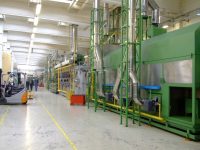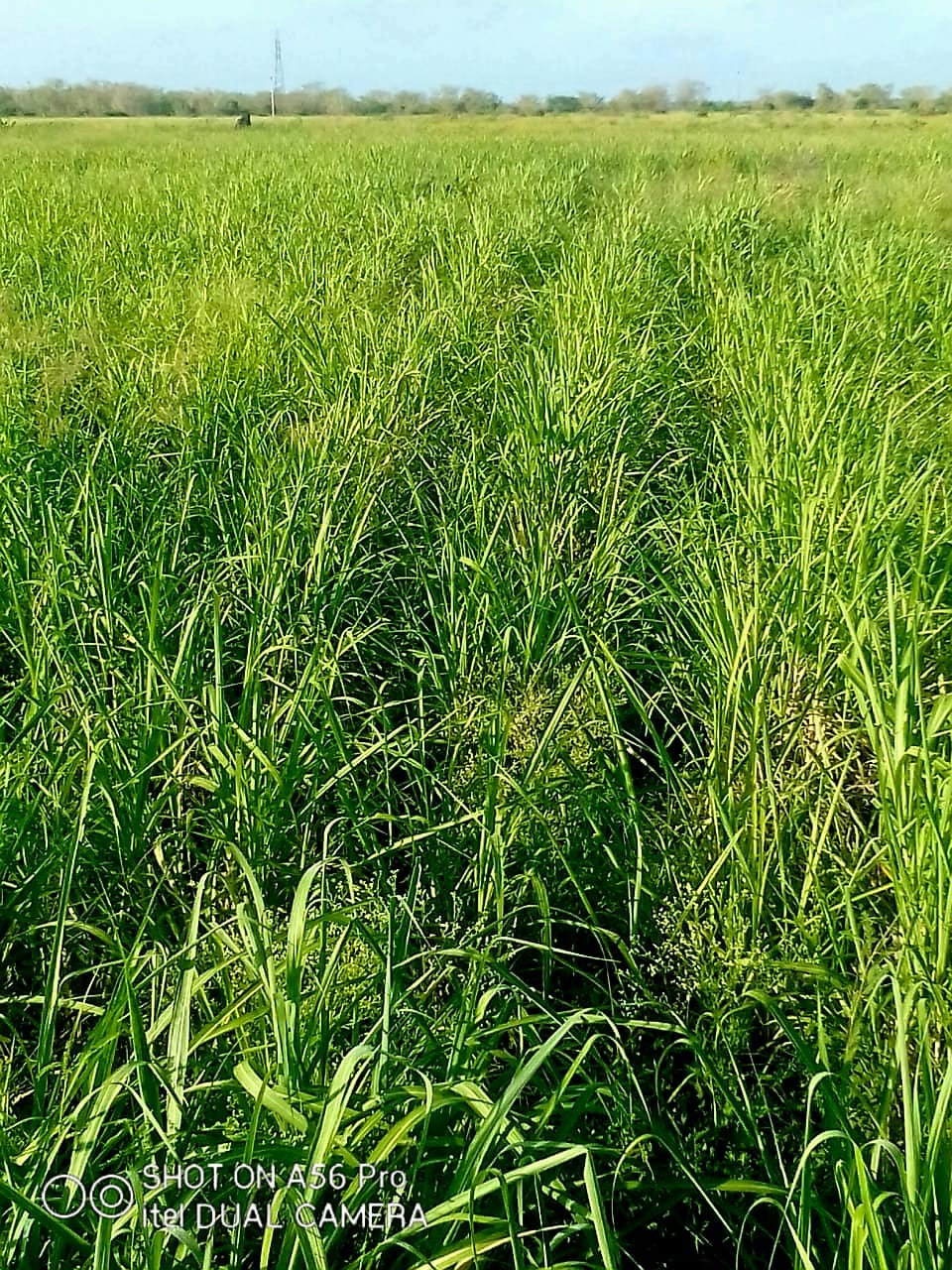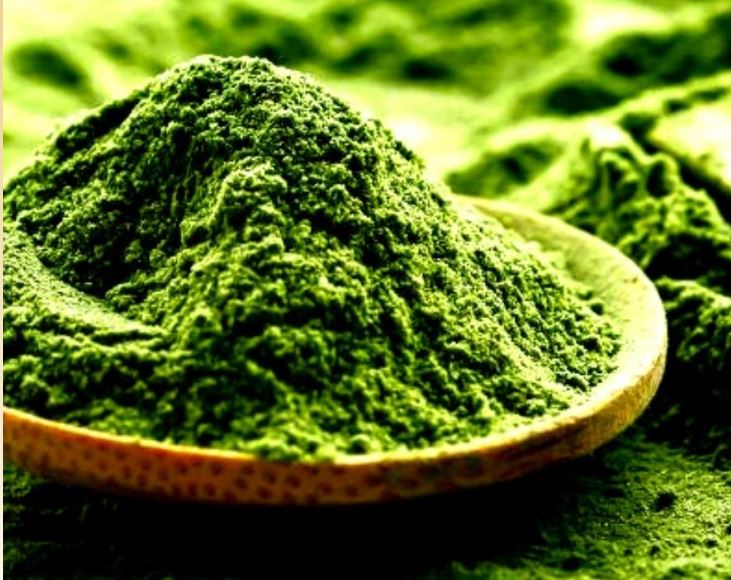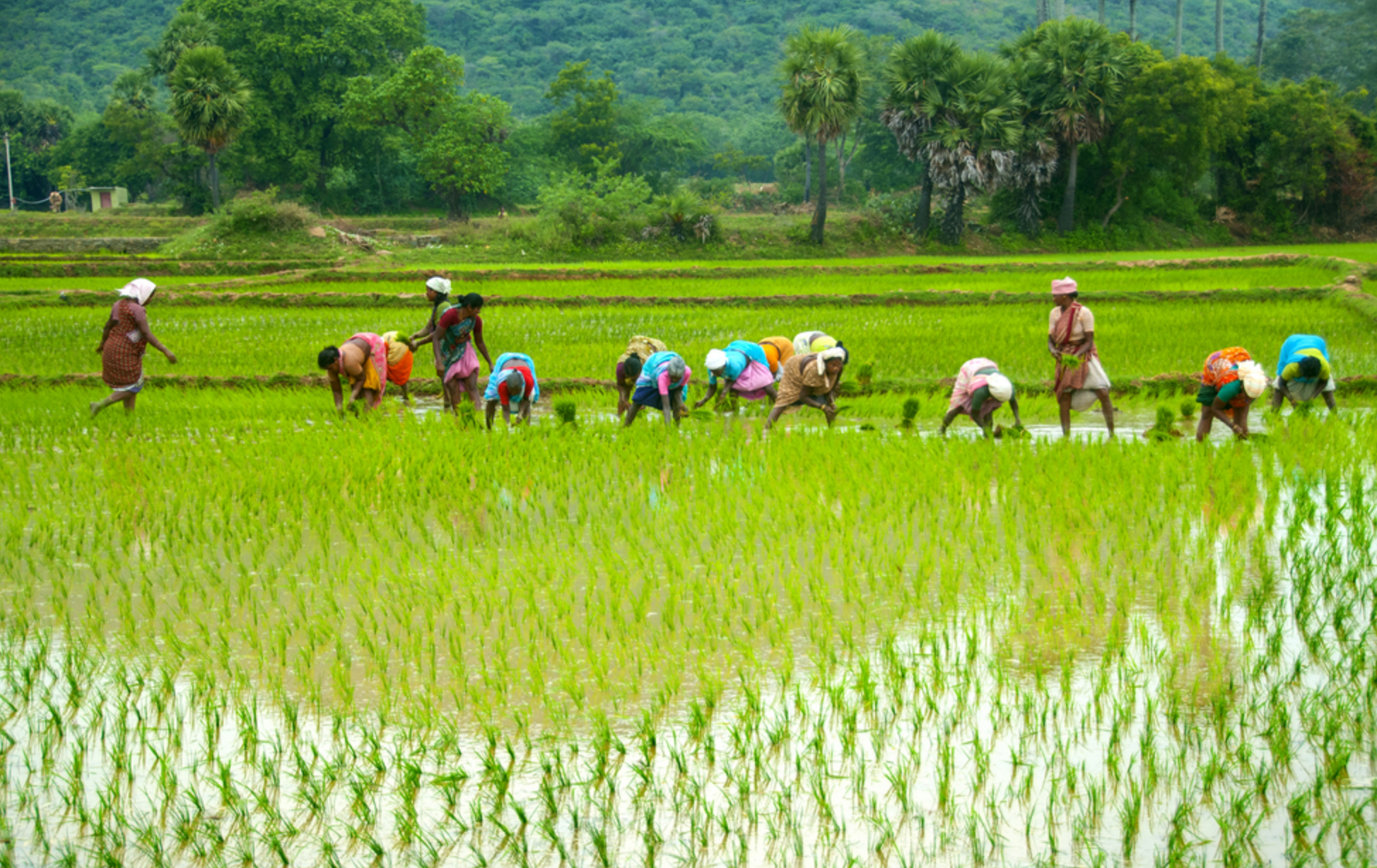Renewable crops such as camelina sativa playing an imprortant role in soil health and feed security
Camelina sativa, also known as false flax or camelina, is a small oilseed crop that has been identified as having potential to play a significant role in soil health and feed security.
One of the main benefits of camelina sativa is its ability to thrive in harsh growing conditions, such as drought, cold temperatures and poor soil quality. This makes it an ideal crop for farmers in regions with limited water resources or where traditional crops struggle to grow.
Camelina sativa is also known for its ability to fix nitrogen in the soil, which can help to improve soil health and fertility. Nitrogen fixation is the process by which certain plants, such as camelina sativa, convert atmospheric nitrogen into a form that can be used by other plants. This can help to reduce the need for synthetic fertilizers, which can be costly and can have negative environmental impacts.
In addition to its ability to improve soil health, camelina sativa also has potential as a feed crop for livestock. The seeds are high in protein and oil, making them an excellent source of nutrition for animals. Camelina meal, the by-product of oil extraction, is a high-quality protein source for animals and can be used as a substitute for soybean meal in feed rations, which can help to reduce feed costs for farmers.
Camelina sativa is also considered a sustainable crop, as it is not a major food crop and it has a low water requirement and can be grown on marginal land. This means that it can be produced without competing with food crops for resources, and it can help to reduce the pressure on land and water resources.
In conclusion, Camelina sativa is an oilseed crop that has been identified as having potential to play a significant role in soil health and feed security. Its ability to thrive in harsh growing conditions and fix nitrogen in the soil, makes it an ideal crop for farmers in regions with limited water resources or where traditional crops struggle to grow. Additionally, its high protein and oil content, make it a good feed source for livestock. And the fact that is a sustainable crop, can help to reduce the pressure on land and water resources.








